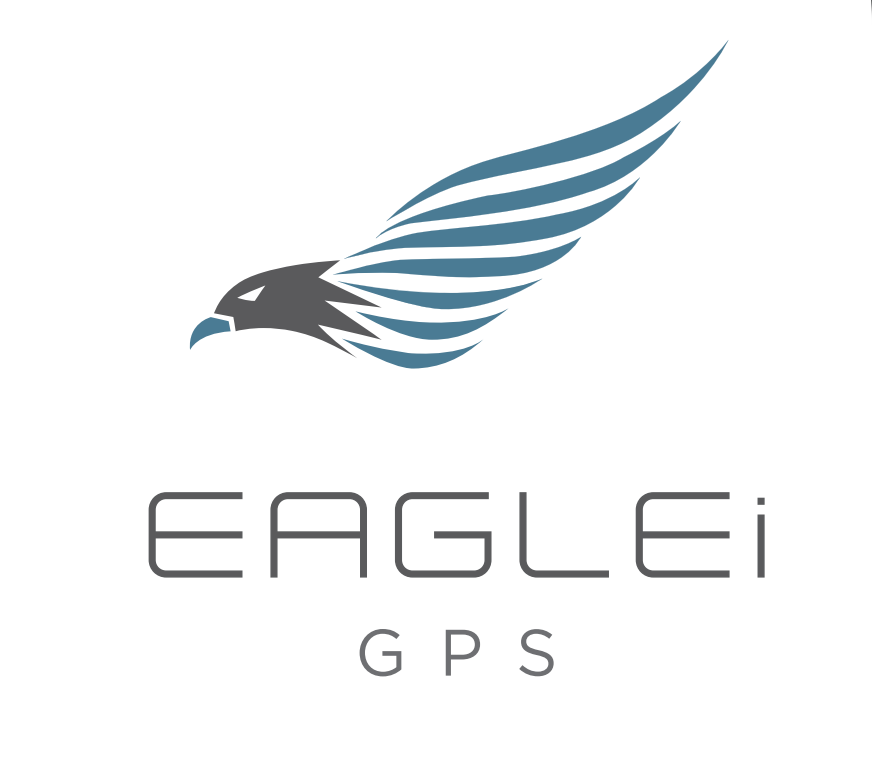Becoming a GPS Fleet Tracking Reseller: A Comprehensive Guide
Introduction
In an era where efficiency and data-driven management are paramount, the role of a GPS fleet tracking reseller becomes increasingly vital. This comprehensive guide aims to provide an in-depth understanding of how to excel in this growing industry, offering a lucrative opportunity for those ready to dive into the world of GPS fleet tracking solutions.
Understanding the GPS Fleet Tracking Market
The journey to becoming a successful GPS fleet tracking reseller starts with a thorough understanding of the market. The demand for GPS tracking solutions is driven by businesses’ needs to optimize fleet operations, enhance safety, and reduce operational costs. With the advent of IoT and advanced telematics, the GPS fleet tracking sector is evolving rapidly, opening new avenues for resellers.
Identifying Market Trends and Opportunities
The GPS tracking industry is influenced by several key trends:
- Increasing Adoption of Telematics: Telematics technology, which combines telecommunications and informatics, is becoming integral to fleet management. It provides real-time insights into vehicle performance, driver behavior, and fuel management.
- Focus on Sustainability: There’s a growing emphasis on reducing carbon footprint and promoting sustainable practices in fleet operations. GPS tracking solutions that offer fuel efficiency and route optimization are highly sought after.
- Enhanced Safety Features: With safety being a paramount concern, GPS solutions that enhance driver safety and vehicle security are in high demand.
Conducting Competitive Analysis
Understanding your competition is crucial. Analyze their offerings, market positioning, pricing strategies, and customer reviews. This analysis will help you identify gaps in the market and opportunities where you can differentiate your services.
Establishing Your GPS Fleet Tracking Business
Once you have a solid grasp of the market, the next step is setting up your GPS fleet tracking reseller business.
Selecting the Right Partners and Suppliers
Your choice of GPS tracking partners and suppliers will significantly impact your business. Look for partners who offer not just quality products but also robust support and training. Consider these factors:
- Product Reliability: The reliability of the GPS devices is non-negotiable. Your reputation hinges on the quality of the products you resell.
- Technical Support and Training: Ensure that your supplier provides comprehensive technical support and training. This knowledge will be crucial when you support your own customers.
Building Your Brand
Develop a strong brand identity. Your brand should communicate reliability, expertise, and quality service. Focus on creating a professional website and marketing materials that resonate with your target audience.
Sales Strategies for GPS Tracking Resellers
Developing a Consultative Sales Approach
As a GPS fleet tracking reseller, adopting a consultative sales approach is key. This involves:
- Understanding Client Needs: Engage with your clients to comprehend their unique challenges and requirements. This deep understanding allows you to tailor your solutions effectively.
- Providing Custom Solutions: Use your expertise to propose GPS tracking solutions that specifically address the client’s pain points, such as reducing fuel costs, improving driver safety, or enhancing fleet efficiency.
Emphasizing Solution-Based Selling
Focus on how your GPS tracking solutions can resolve specific problems. Highlight tangible benefits like cost savings, efficiency improvements, enhanced safety, and compliance with regulatory standards.
Marketing Your GPS Fleet Tracking Services
Leveraging Digital Marketing
In the digital age, an effective online presence is crucial. Incorporate strategies like:
- Search Engine Optimization (SEO): Optimize your website and content with relevant keywords like “GPS Fleet Tracking” to improve search engine visibility.
- Content Marketing: Develop and share informative content that positions you as a thought leader. This can include blog posts, white-papers, and case studies on the benefits and applications of GPS fleet tracking.
Utilizing Social Media
Social media platforms are powerful tools for engagement. Use them to:
- Build Community: Create a community of followers interested in GPS tracking technology. Regularly post updates, industry news, and informative content.
- Engage with Customers: Use social media to directly engage with your audience, answer questions, and provide support.
Expanding Your GPS Fleet Tracking Business
Diversifying Product Offerings
Consider expanding your product line to include related technologies like dash cams, fuel management systems, and advanced analytics tools. This diversification allows you to cater to a broader range of customer needs and stay competitive.
Strengthening Customer Service
Exceptional customer service can be a significant differentiator. Invest in training your support team and establish efficient service protocols. A satisfied customer is more likely to become a repeat buyer and refer others to your business.
Building Strategic Partnerships
Network within the industry and seek partnerships that can offer mutual benefits. This could involve collaborating with complementary service providers or participating in industry events and trade shows.
Navigating Legal and Regulatory Considerations
Understanding Compliance and Data Privacy
As a GPS fleet tracking reseller, it’s crucial to be aware of the legal landscape:
- Data Privacy Laws: Familiarize yourself with data privacy regulations such as GDPR in Europe or CCPA in California. Ensure that the GPS tracking solutions you resell are compliant with these laws.
- Vehicle Tracking Regulations: Different regions have varying regulations regarding vehicle tracking. Stay informed about these laws to ensure that your solutions are legal for use by your clients.
Building Trust Through Compliance
Adhering to legal standards is not just a necessity; it’s a significant trust factor for your clients. Demonstrating your commitment to compliance can enhance your reputation and credibility in the market.
Conclusion: Charting the Path to Success
Recap of Key Strategies
To recap, becoming a successful GPS fleet tracking reseller involves:
- Deep Market Understanding: Grasping the current trends and demands in the GPS fleet tracking market.
- Strategic Sales and Marketing: Employing consultative and solution-based selling, coupled with robust digital marketing strategies.
- Business Expansion: Diversifying your product offerings and strengthening customer service.
- Legal Compliance: Ensuring adherence to data privacy and vehicle tracking regulations.
The Road Ahead
The journey to becoming a successful GPS fleet tracking reseller is both challenging and rewarding. By staying informed, adaptable, and customer-focused, you can build a thriving business in this dynamic industry. Remember, your success hinges not just on the products you sell but also on the relationships you build, the value you provide, and your ability to navigate the ever-evolving landscape of GPS technology.
Contact EAGLEi GPS and let us help you get start with this new business opportunity and how we can help with everything discussed in this article!







